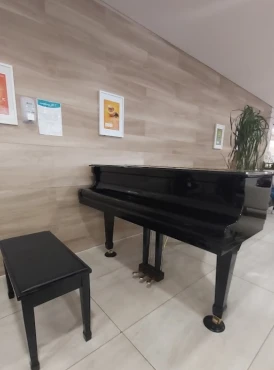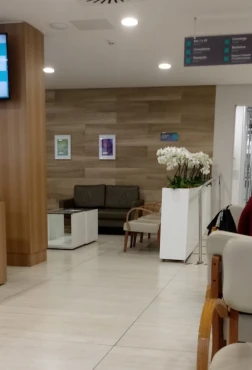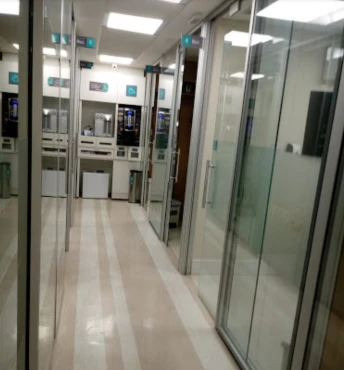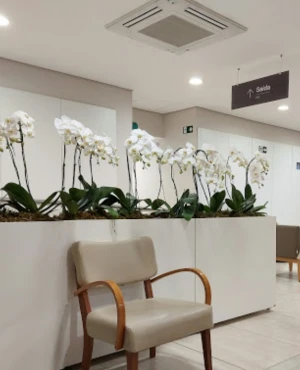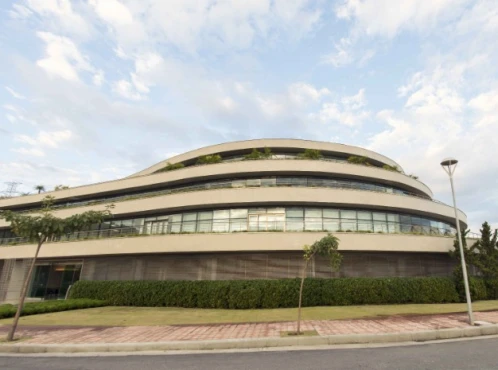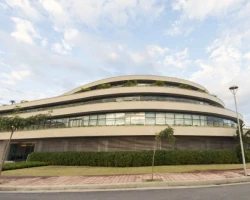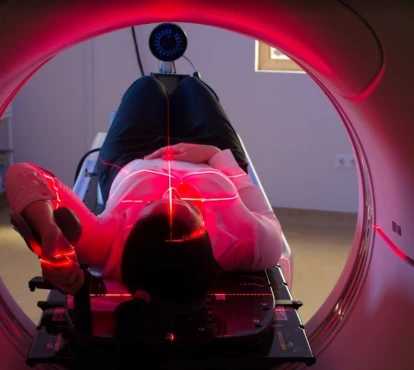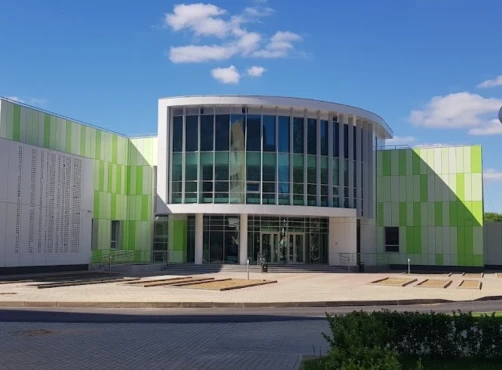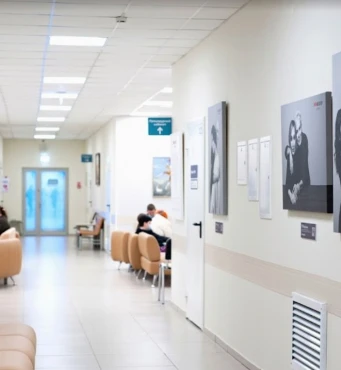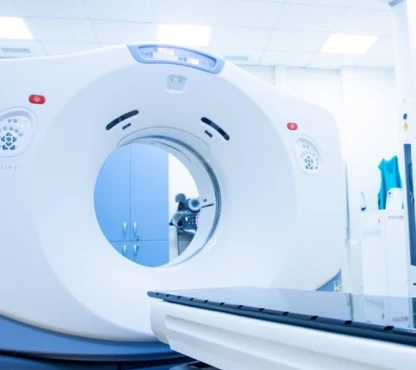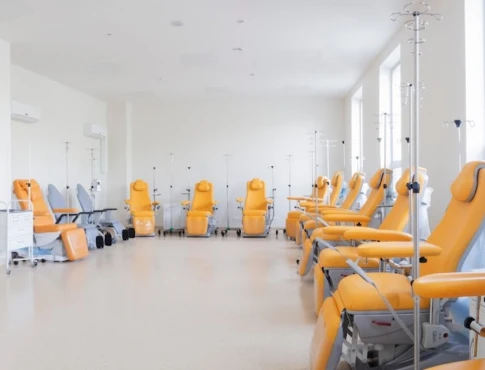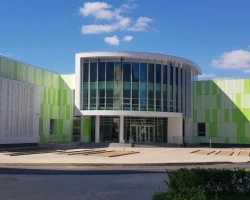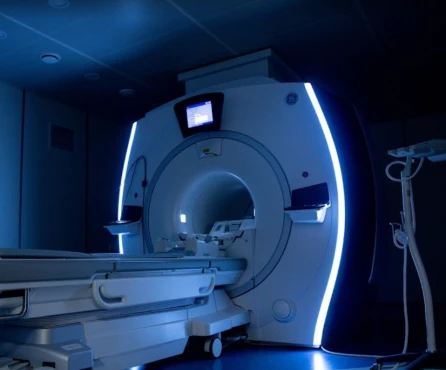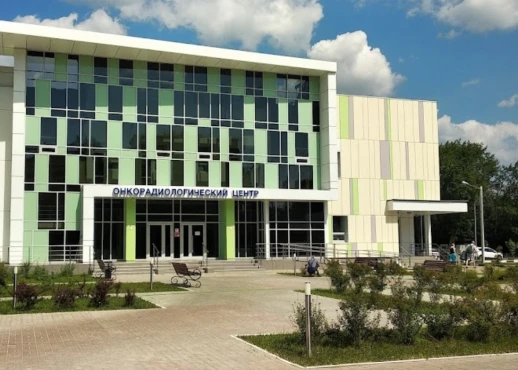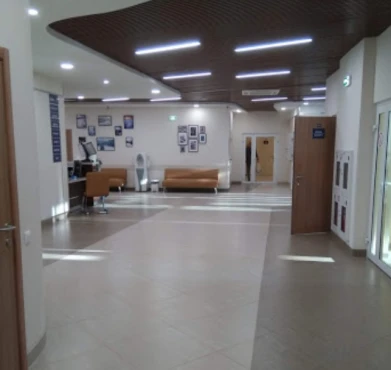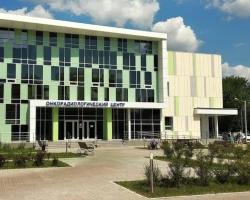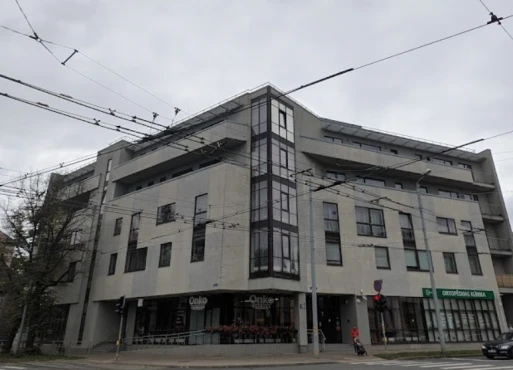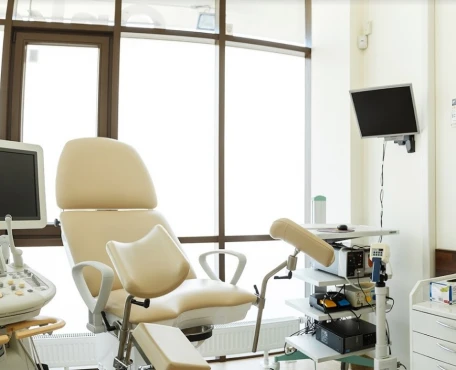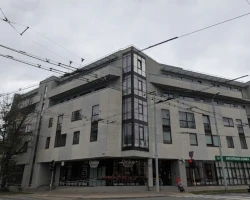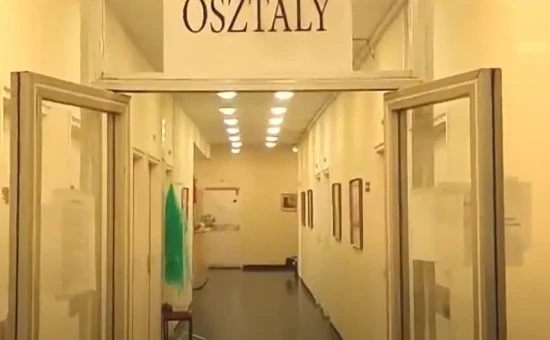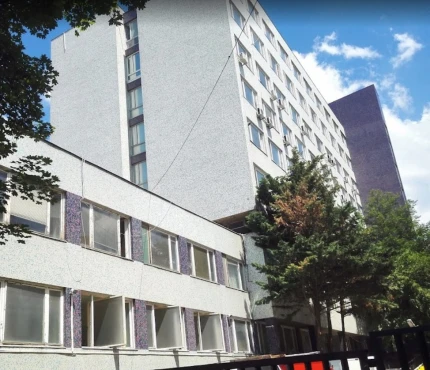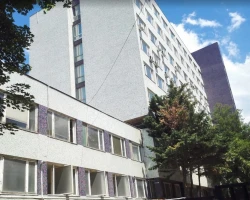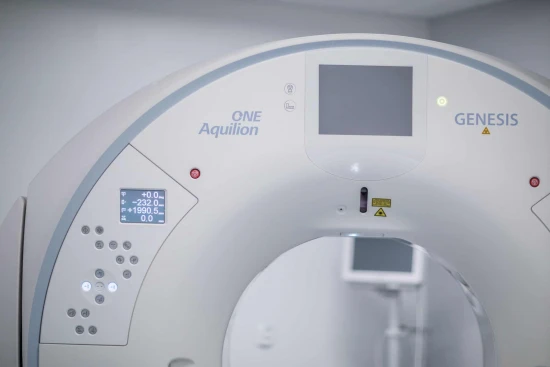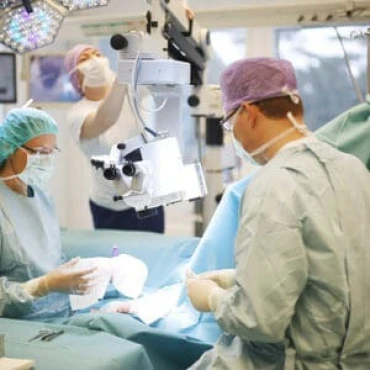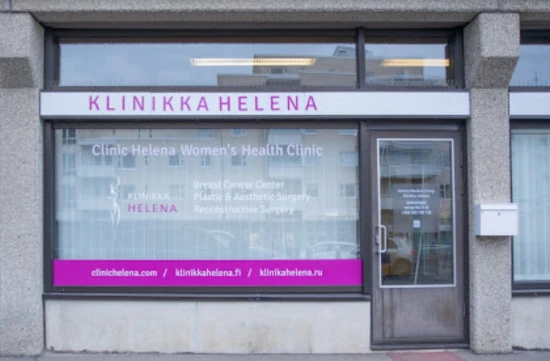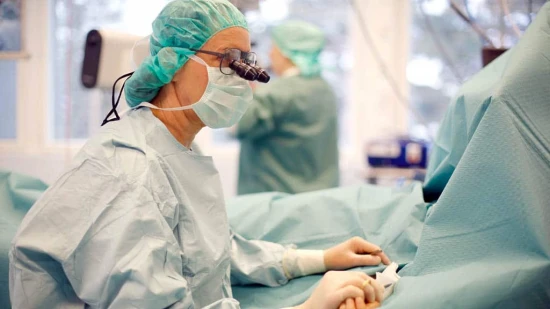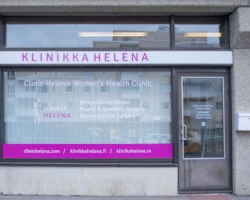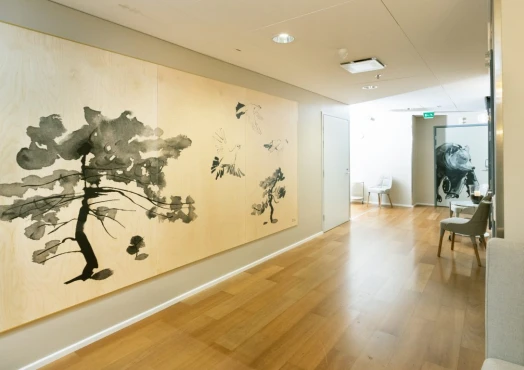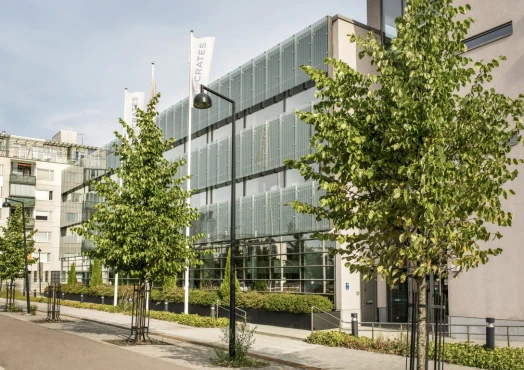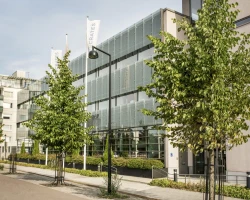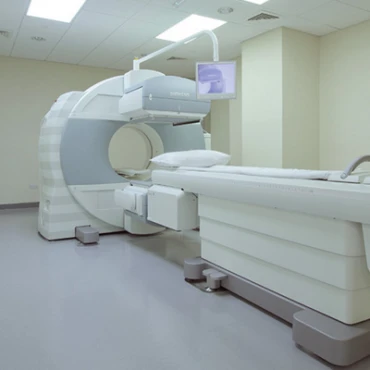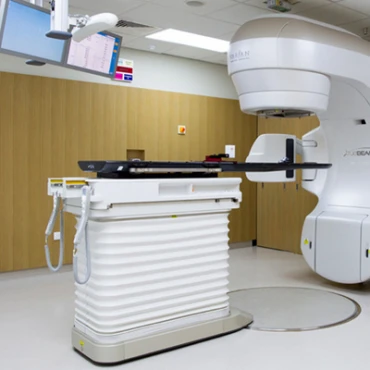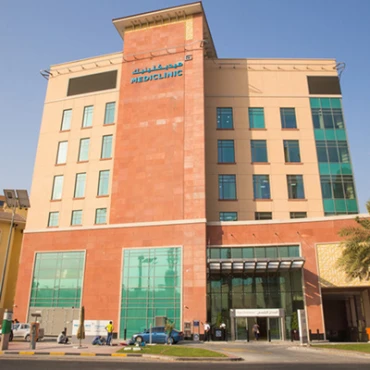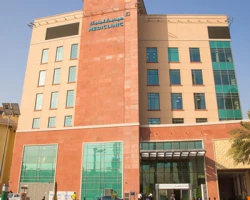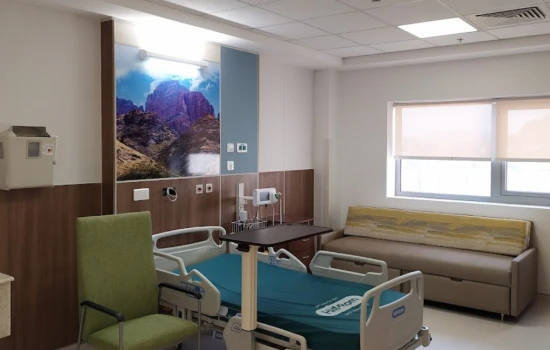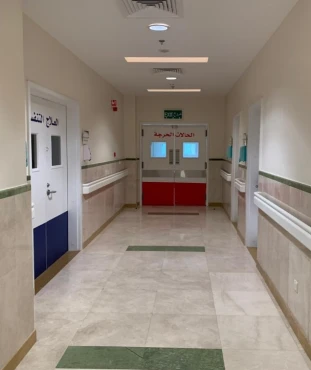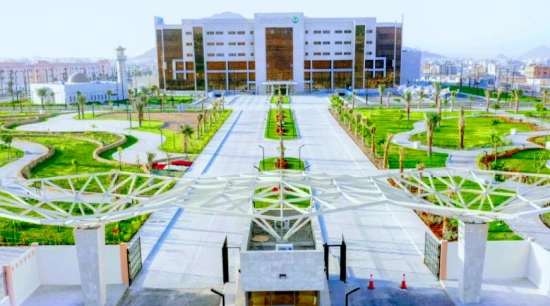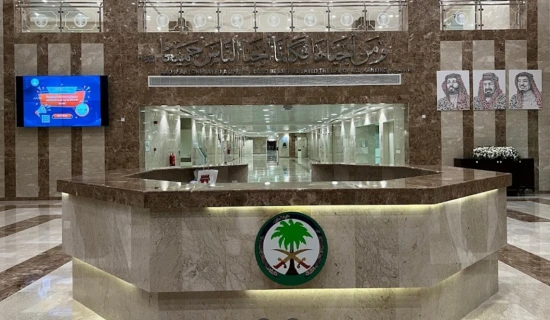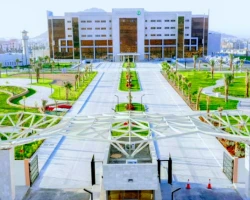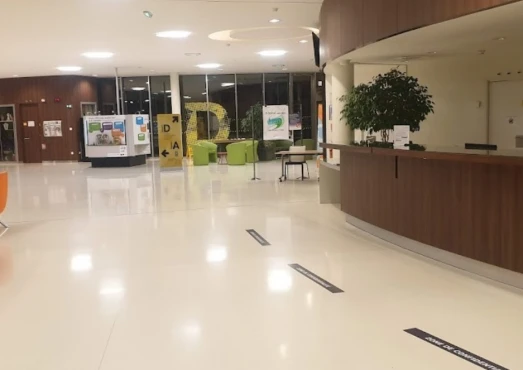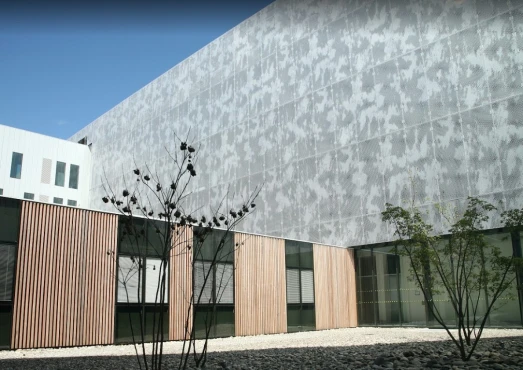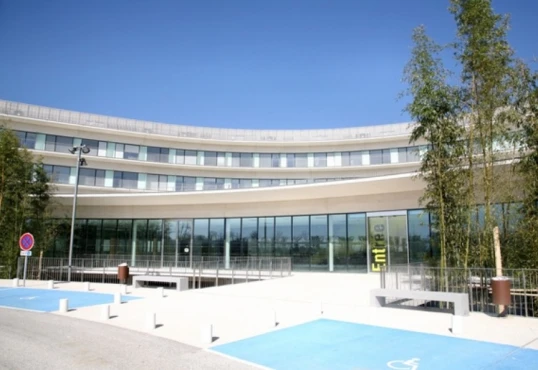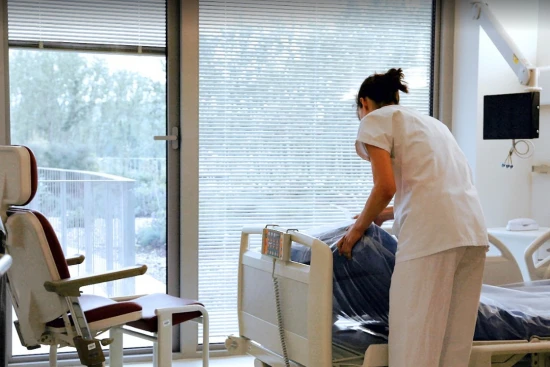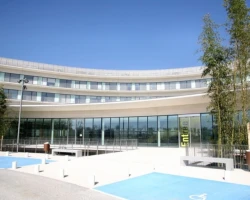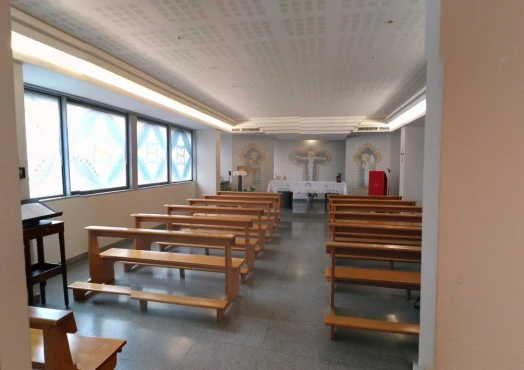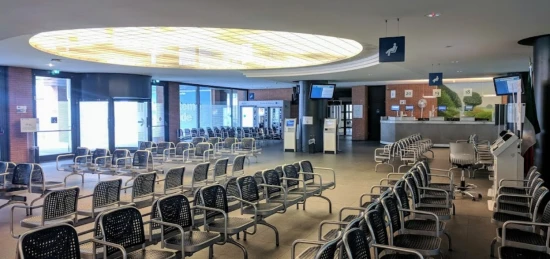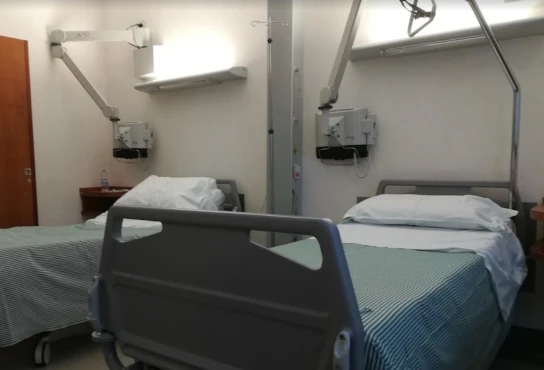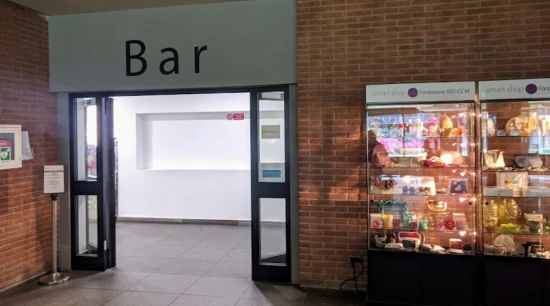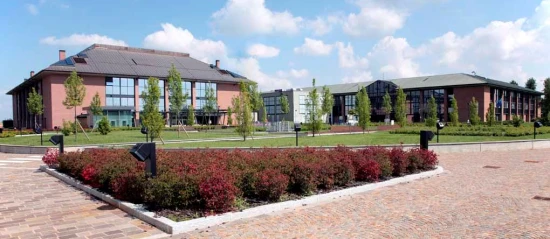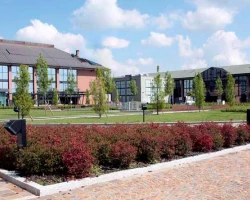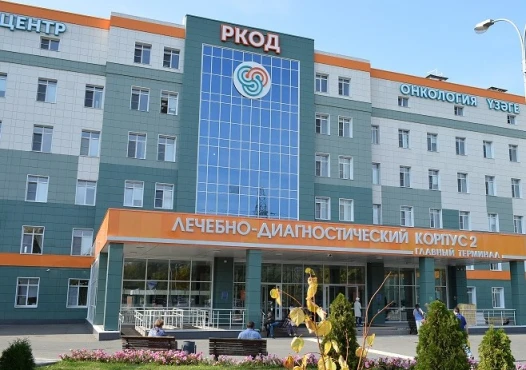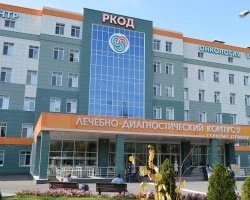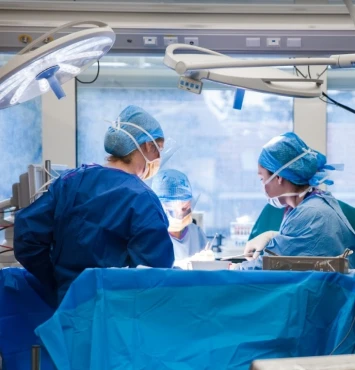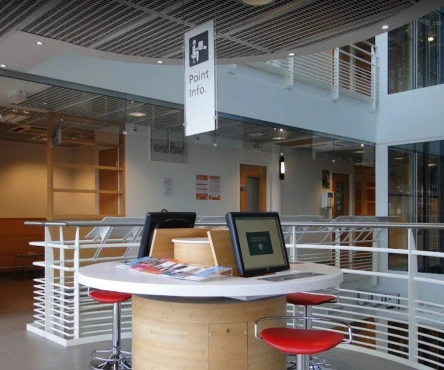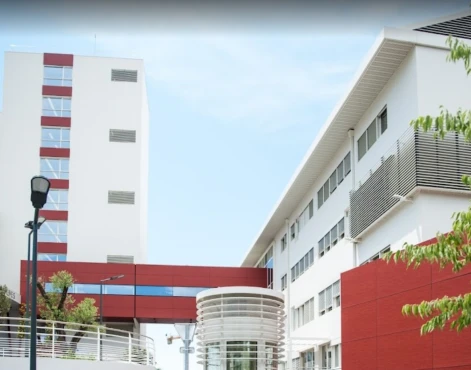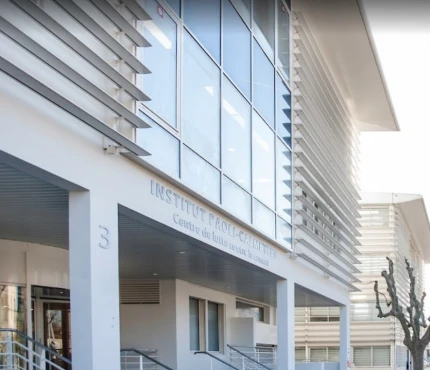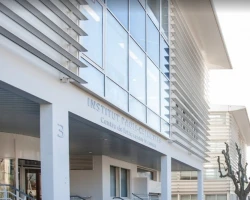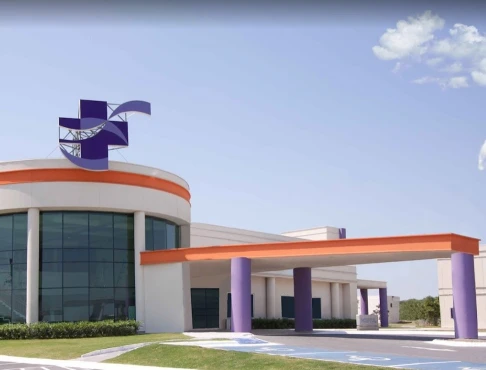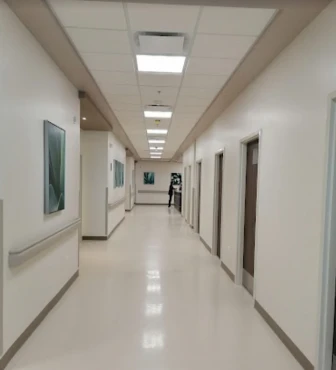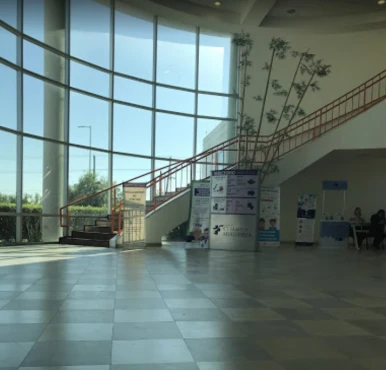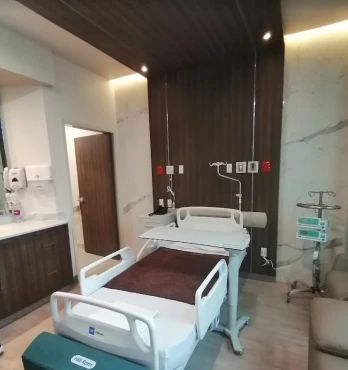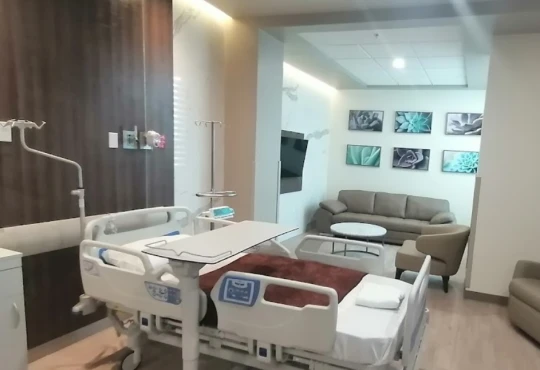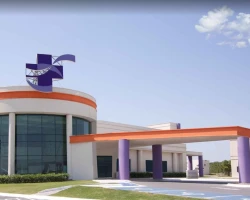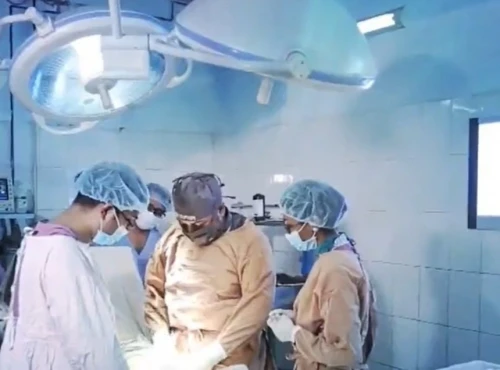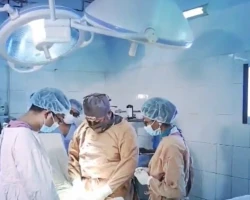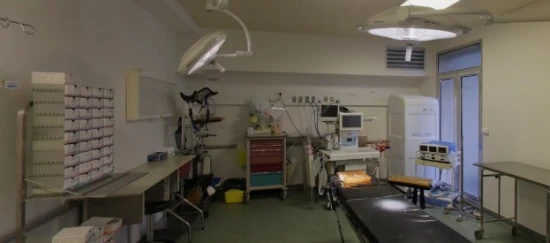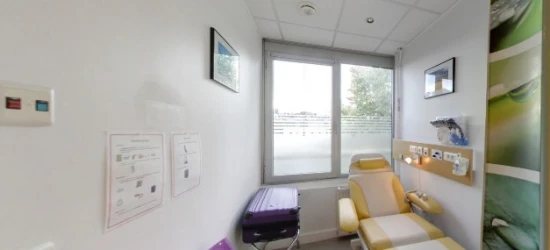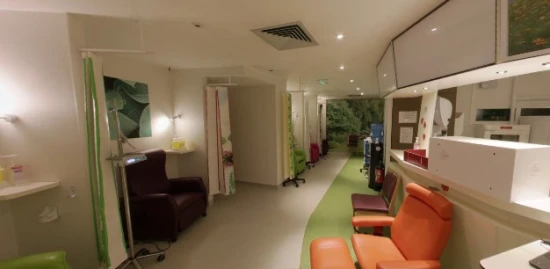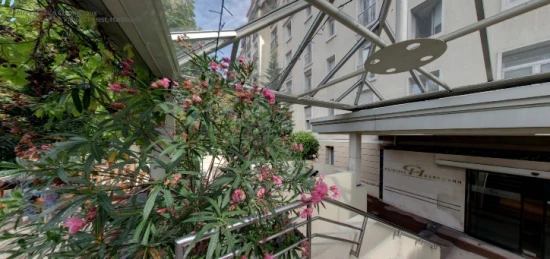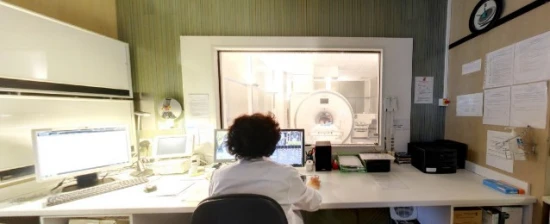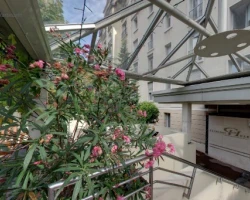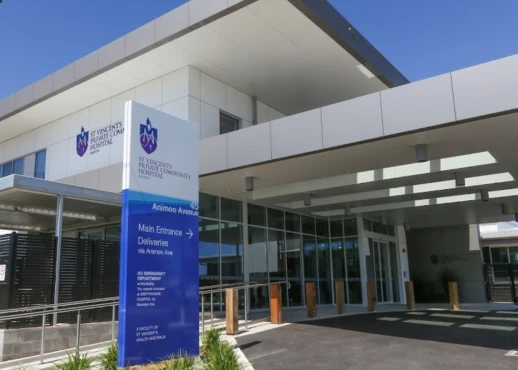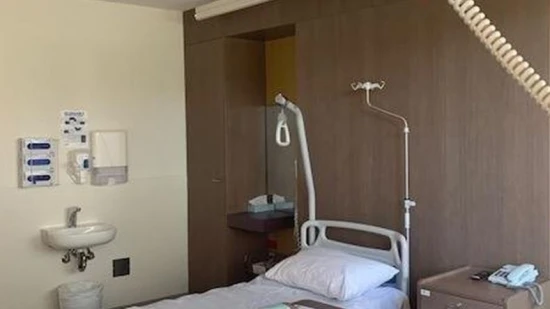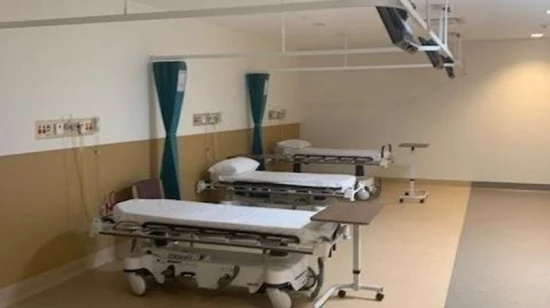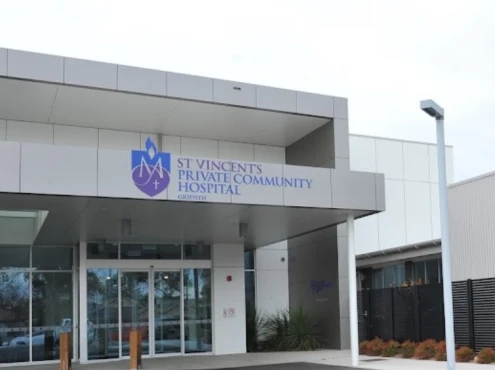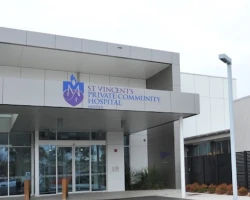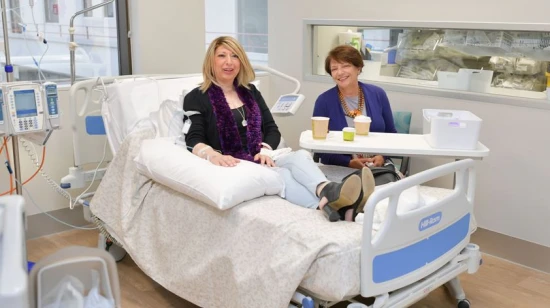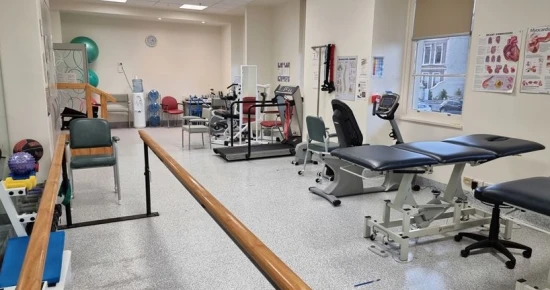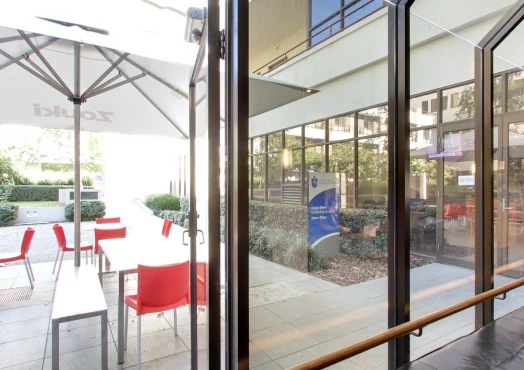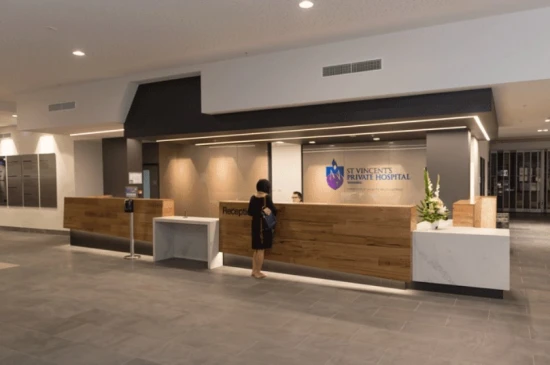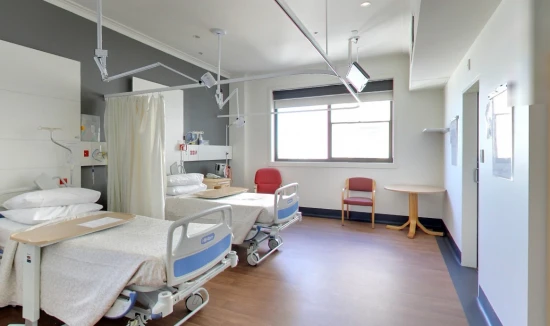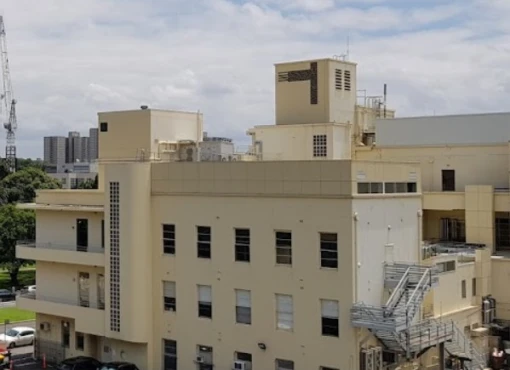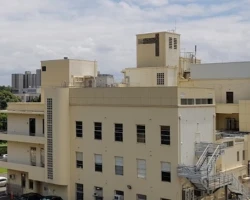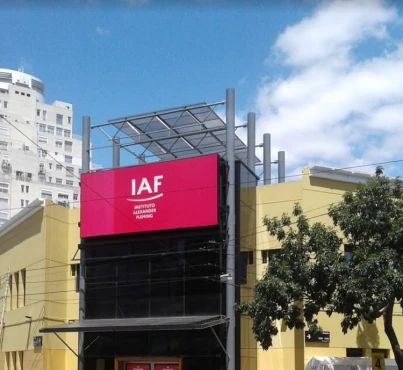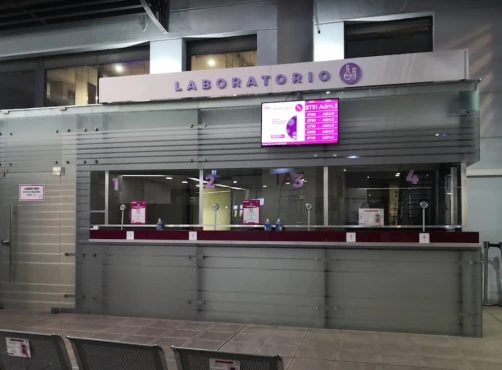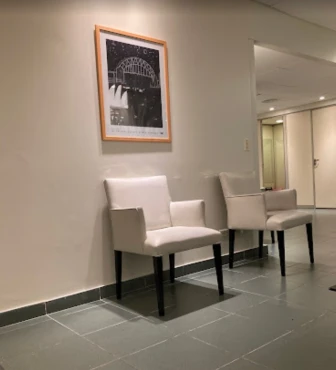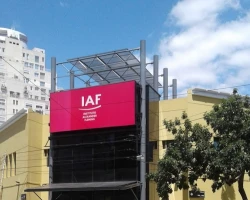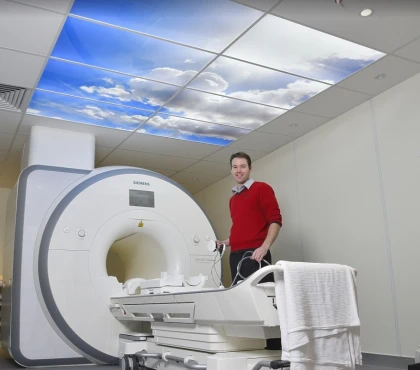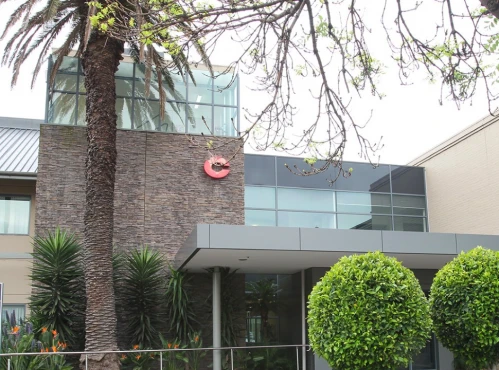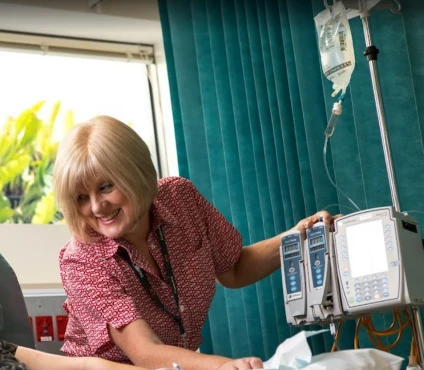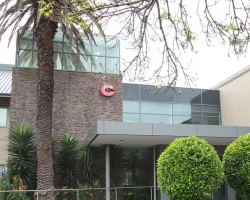Describing a term of hormone therapy
Hormone therapy, also known as endocrine therapy, is a crucial component in managing hormone receptor-positive breast cancer, a type of breast cancer defined by the presence of estrogen and/or progesterone receptors. This therapy works by inhibiting or reducing the levels of these hormones, which drive the proliferation of cancer cells. The use of hormone therapy in breast cancer treatment has undergone a significant evolution, progressing from its early application to the development of modern advancements that continue to enhance patient outcomes.
Background and first therapeutic agent in the group
The history of hormone therapy for breast cancer can be traced back to the late 19th century when Scottish surgeon George Beatson made the groundbreaking discovery that removing the ovaries resulted in a temporary reduction in breast cancer growth. This work laid the foundation for understanding the pivotal role of estrogen in breast cancer development.
In the 1970s, the introduction of tamoxifen, a selective estrogen receptor modulator, marked a significant milestone in breast cancer treatment. Tamoxifen became the standard therapy for hormone receptor-positive breast cancer, revolutionizing the clinical approach to the disease.
Modern hormone therapy medications for breast cancer patients
In contemporary breast cancer management, the hormone therapies prescribed are customized to align with each patient's unique needs, taking into account the stage and subtype of their breast cancer, as well as whether it is in its early or advanced stages. These medications can be broadly categorized into three main groups: selective estrogen receptor modulators, aromatase inhibitors, and estrogen receptor downregulators [ASCO, 2022].
1. Tamoxifen (SERM)
Tamoxifen remains a widely utilized first-line hormonal therapy option. It is commonly prescribed for premenopausal patients with early-stage, hormone receptor-positive breast cancer, where it can be employed as an adjuvant treatment to help prevent cancer recurrence. This medication works by blocking estrogen from attaching to receptors on cancer cells, thereby inhibiting their growth. Additionally, tamoxifen can be utilized in a neoadjuvant setting, which may be used before surgery to help shrink tumors and make the surgical procedure less invasive for certain patients. However, it is essential to note that the effectiveness of tamoxifen can vary depending on the stage of the cancer, with it being less effective in more advanced breast cancer cases.
When used for early-stage hormone receptor-positive breast cancer, research has shown that tamoxifen is quite effective, reducing the risk of cancer recurrence by approximately 50% and mortality rates by around 30% when administered for a five-year duration. While tamoxifen is generally well-tolerated, some common side effects that patients may experience include hot flashes, vaginal dryness, an increased risk of blood clots, and a slightly elevated risk of endometrial cancer.
2. Aromatase inhibitors
Aromatase inhibitors, such as anastrozole, letrozole, and exemestane, are the primary hormone therapy options for postmenopausal women with hormone receptor-positive breast cancer. These medications work by inhibiting the aromatase enzyme, which converts androgens into estrogen. By reducing the body's estrogen levels, aromatase inhibitors are particularly effective for women who have completed the menopausal transition.
Research has shown that aromatase inhibitors can significantly reduce the risk of breast cancer recurrence, outperforming tamoxifen in this regard, especially for more advanced stages of the disease. Compared to tamoxifen, aromatase inhibitors are about 30% more effective in preventing cancer from returning. This makes them a preferred choice for postmenopausal patients seeking to minimize their chances of the cancer coming back.
While generally well-tolerated, aromatase inhibitors can cause some common side effects, such as joint and muscle pain, bone loss, and an increased risk of fractures. However, they are less likely to contribute to the development of blood clots than tamoxifen, which is an essential consideration for some patients. Overall, the benefits of aromatase inhibitors in reducing recurrence risk make them a crucial component of breast cancer management for postmenopausal individuals.
3. Estrogen receptor downregulators (ERDs)
Fulvestrant is a type of hormone therapy that works by blocking and breaking down estrogen receptors. It is commonly used to treat hormone receptor-positive metastatic (advanced-stage) breast cancer in postmenopausal women, either on its own or in combination with other therapies. Fulvestrant is often prescribed for patients whose cancer has become resistant to previous hormone treatments like tamoxifen or aromatase inhibitors.
Regarding its effectiveness, studies have shown that fulvestrant can significantly delay the progression of the disease when compared to aromatase inhibitors alone. Furthermore, when fulvestrant is combined with specific targeted therapies called CDK4/6 inhibitors, which help slow down the division and growth of cancer cells, the overall survival rate for patients can be improved.
While generally well-tolerated, some common side effects of fulvestrant may include hot flashes, fatigue, and reactions at the injection site where the medication is administered.
Defining therapeutical approaches for early- and late-stage breast cancer
The use of hormone therapy in breast cancer treatment differs significantly based on the stage of the disease [AACR, 2022].
Early-Stage Breast Cancer
Hormone therapy is frequently used as a follow-up treatment after surgery to prevent cancer recurrence. In some instances, it can also be employed as a pre-surgical therapy to shrink tumors, making the surgical procedure less invasive.
However, the most common approach is the adjuvant setting. For early-stage hormone receptor-positive breast cancer, patients typically receive tamoxifen or aromatase inhibitors for five to ten years after tumor removal surgery to reduce the risk of the cancer coming back. Long-term hormone therapy has been shown to improve survival rates and decrease the chances of cancer recurrence by approximately 30-40%.
Late-Stage or Advanced Breast Cancer
In cases of advanced-stage breast cancer, hormone therapy can be used to manage the progression of the disease, alleviate symptoms, and enhance the patient's quality of life. For individuals who become resistant to initial hormone treatments, second-line therapies like fulvestrant or combinations with targeted drugs are often employed.
While hormone therapy is beneficial for many patients, around 30-40% may develop resistance over time. Switching to a different hormonal agent or incorporating a targeted therapy can provide additional benefits for these patients.
What's next? Novel endocrine therapies for breast cancer patients
Recent advancements in hormone therapy for breast cancer have resulted in the development of new medications designed to overcome resistance and enhance patient outcomes.
1. CDK4/6 inhibitors (e.g., palbociclib, ribociclib, abemaciclib) [Nature, 2024]
The CDK4/6 inhibitors are a new class of drugs that are used in combination with hormone therapy to treat advanced hormone receptor-positive breast cancer. These innovative medications work by blocking specific proteins that promote the division and growth of cancer cells, effectively slowing down the progression of the disease.
Studies have demonstrated that incorporating CDK4/6 inhibitors into the treatment regimen can significantly enhance progression-free survival, which is the length of time a patient lives without their cancer worsening, by nearly 50%. This represents a significant improvement in outcomes for individuals battling advanced hormone-sensitive breast cancer.
While these drugs are generally well-tolerated, some common side effects may occur, such as neutropenia (a condition characterized by a low white blood cell count that can increase the risk of infection), fatigue, and gastrointestinal issues like diarrhea. However, the benefits of using CDK4/6 inhibitors in combination with hormone therapy often outweigh these manageable side effects, offering patients a more effective and personalized approach to their cancer treatment.
2. Selective estrogen receptor degraders (SERDs)
Novel selective estrogen receptor degraders, such as Elacestrant, are currently under development and have demonstrated promising results in clinical trials. These new medications operate similarly to fulvestrant but with the added convenience of being administered orally, which can be more comfortable and accessible for patients. Early-phase clinical investigations have indicated that these emerging SERD agents are particularly effective in treating individuals who have developed resistance to previous hormone therapies like tamoxifen or aromatase inhibitors. While patients may experience some common side effects like hot flashes, fatigue, and joint discomfort, the benefits offered by these innovative SERD treatments, in terms of their efficacy and improved administration, make them an exciting and potentially valuable addition to the arsenal of hormone therapies available for managing advanced breast cancer [Bhatia et al., 2023].
Post-treatment prognosis
For individuals diagnosed with early-stage, hormone receptor-positive breast cancer, undergoing hormone therapy has been shown to enhance their long-term prognosis significantly. Research has demonstrated that continuing hormone therapy for a period of five to ten years can effectively reduce the risk of cancer recurring by 30 to 50 percent while also lowering mortality rates by around 30 percent. This highlights the profound impact that hormone-based treatments can have in improving outcomes for patients with this specific type of breast cancer.
Moving to advanced-stage breast cancer, while hormone therapy remains an essential component of care, it is generally not able to provide a complete cure. However, the combinations of novel hormone therapeutic agents, such as CDK4/6 inhibitors and the emerging class of selective estrogen receptor degraders, have yielded promising results in terms of extending the period of time during which the disease does not progress, also known as progression-free survival.
